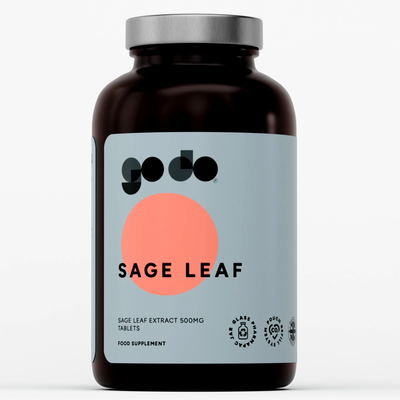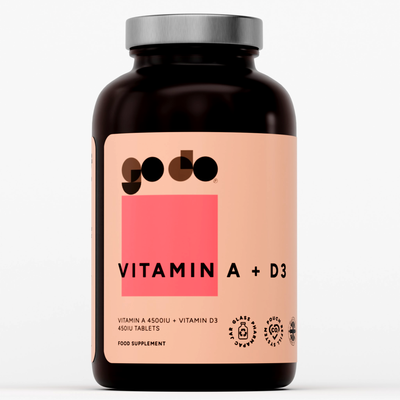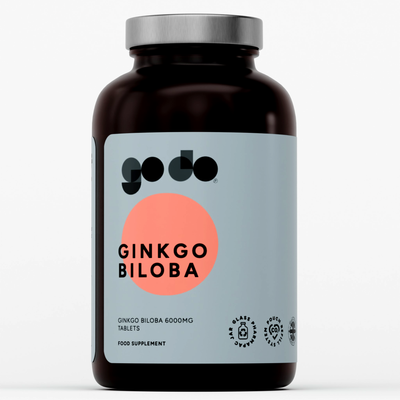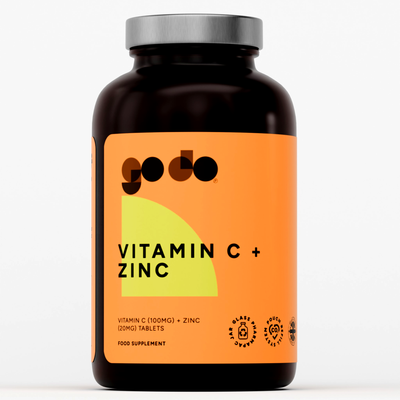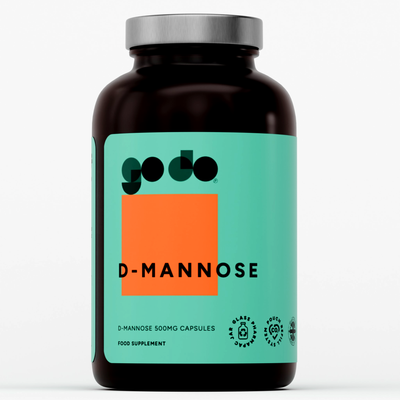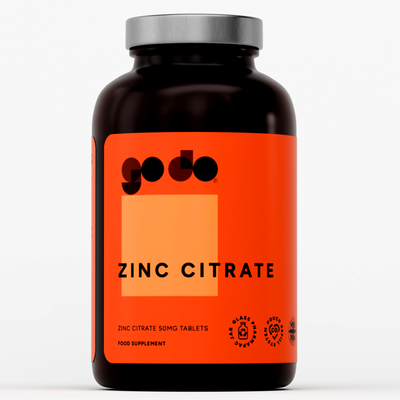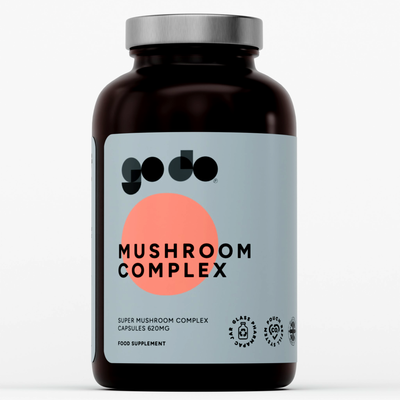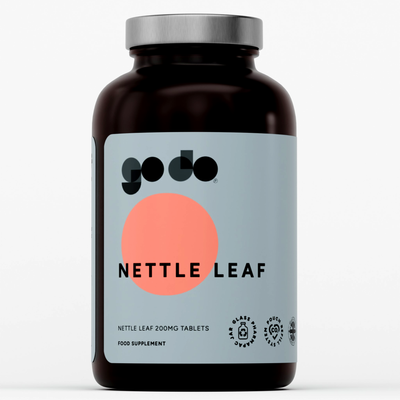For a short answer, a 10 km run translates to ten kilometers. This is equal to 6.2 miles, and yes, double the distance you need to cover in a 5 km race. Furthermore, to give you an example, you'll need to scale the famous Eiffel Tower at least 32 times to give you an equivalent of covering 10 km.
If you're thinking of running a 10 km marathon, then there are some things you need to keep in mind. You can't simply hope to start a 10 km run and finish it without proper endurance training. A lot of hard work and discipline happens to plays a role in helping you reach your goal.
Building Up Your Stamina
One of the most important aspects of preparing for a 10 km run is gradually improving your stamina. Jumping straight into a 10 km without proper buildup is a recipe for fatigue—and possibly giving up halfway through. Instead, start by running shorter distances like 5 km more frequently throughout the week. Over time, you'll find these 5 km runs become easier, boosting both your confidence and fitness.
When you feel comfortable, start increasing your distance little by little. For example, you might try running 6 km one day and then 7 km another time. This gradual progression helps your body adapt without overwhelming it, making the transition to a full 10 km much smoother.
Incorporate Strength Training
Don't forget to mix in some strength exercises as part of your training regimen. Building muscle strength—especially in your legs and core—not only supports better running form but also helps prevent injuries along the way. Squats, lunges, and planks are all good options to add to your routine.
With a consistent approach, patience, and a willingness to push your limits, you'll set yourself up for a successful 10 km run.
Why Are 10k Runs a Fundraising Favorite?
So, why is the 10 km run such a popular event for raising funds? For starters, it's a sweet spot in the world of running—challenging enough to earn you a tidal wave of support, but achievable for most people with a reasonable amount of training. Think of it as the Goldilocks’ porridge of distance runs: not too short, not too long, but just right to get friends, family, and perhaps even your favorite aunt cheering (and donating) for a cause you care about.
A 10 km run is also the perfect canvas for sharing your journey. Documenting your training highs and lows—those first wobbly strides, your newly acquired love-hate relationship with hill repeats, or the time you accidentally wore mismatched socks—makes your fundraising story personal and relatable. It gives your supporters regular updates, a reason to root for you at every mile marker, and a tangible way to see their contribution in action.
And let’s not forget the community aspect. Walk into most cities or towns, and chances are you’ll find a 10 km race on the upcoming calendar—whether it’s rattling through
In short, the 10 km distance makes fundraising accessible, engaging, and meaningful—for both you and everyone backing your run.
What happens to your body while running?
The time required for completing a 10 km run can vary according to age, gender and build. However, what goes on in your body over this course of time is more or less the same.

What is considered a good time for running a 10k?
Now, let’s talk about another popular question: what exactly counts as a "good" 10k time? The truth is, there’s no single magic number—your finish time will depend on your experience, training, age, and even the weather on race day. So before you start lining yourself up against Olympic runners or your friend who treats running as a part-time job, take a deep breath!
That said, some general benchmarks can give you an idea of where you stand. Globally, across all ages and abilities, finishing a 10k in under 50 minutes is often considered a goalpost for recreational runners. Specifically, an average recreational male runner may cross the line somewhere around 49 minutes, while women typically finish closer to the 60-65 minute mark.
Of course, age makes a difference. According to data from sites like
- Teenagers (16-19) tend to post some of the fastest times, with some finishing under 50 minutes.
- Runners in their 20s and 30s generally finish between 50 and 65 minutes.
- For those in their 60s and beyond, finishing times commonly range from just under an hour up to 75-80 minutes—and that’s still something to be proud of.
Ultimately, the best measure of a "good" 10k time is your own progress and how you feel at the finish line. If you’re improving, enjoying the process, and staying healthy, you’re on track—even if you don’t break any world records.

Average 10K Running Times for Men and Women
Curious about what kind of times you should be aiming for in a 10K? You’re not alone—plenty of runners find motivation in benchmarks. According to a 2023
This means that the typical male runner maintains a pace around 8 minutes and 13 seconds per mile, and the average woman completes miles at just under 11 minutes each. Of course, these numbers can vary quite a bit depending on age, experience, and terrain, but they offer a solid baseline to weigh your fitness and training goals against.
The First few minutes
In the first few minutes of the running, muscles start using adenosine triphosphate (ATP), energy molecules your body makes from food. As ADP is formed, you feel surges of energy and, therefore, refreshed. In the next few minutes, your heart will start to beat faster and begin directing blood toward your muscles, and away from the bodily functions you don't need at the moment such as digestion.
Within 10 minutes
During this duration, plenty of oxygen is required as to keep the process of oxidizing sugar maintained efficiently. This results in heavy breathing. This burning of glucose and oxygen results in raising your body temperature. Moreover, your blood is directed towards your skin to provide it with a fresh supply of oxygen. This rush of blood results in the formation of sweat, which forms a channel to release the excess heat inside your body. Within 10 minutes, your body starts feeling exhausted if you lack stamina.
Within 30 minutes
However, if your body succeeds in maintaining the ATP supply, you keep going and end the run in style. Chances are, you feel energized rather than exhausted after the run. Your brain has triggered a rush of the mood-elevating hormone called dopamine. With time and practice, a distance of 10 km can be covered in mere 30 minutes.
Tips for finishing a 10 km race
To achieve maximum accuracy, some tips can be used:
Don’t try anything new
Don't even think about trying new shoes, or eating new food or drinks, wearing new gear, or anything else you haven't used before in several workouts. Stick with the routine that works for you.

How to Pace Yourself During a 10 km Run
A common mistake among new 10 km runners is setting off too quickly, fueled by race-day excitement and a surge of adrenaline. This burst of speed can quickly drain your energy reserves, leaving you struggling before you’ve reached the halfway point.
Instead, focus on finding your rhythm early on. Begin at a pace that allows you to breathe easily—if you can hold a conversation, you’re likely in the right zone. It might feel slow at first, but maintaining a steady and manageable speed is key to lasting through the middle and end of the race.
If you have a reliable running watch or a fitness tracker, use it to check your splits every kilometer. This helps you avoid both starting too fast and unconsciously slowing down when you get tired. Apps such as
As you approach the final kilometer, if you still have fuel in the tank, gradually increase your speed. Many seasoned runners use this strategy—called a “negative split”—finishing the second half of the race faster than the first. Not only does this approach preserve your energy, but it also sets you up for a strong, confidence-boosting finish.
Setting Goals to Stay Motivated in Your 10 km Training
Training for a 10 km run can sometimes feel challenging, and keeping your spirits high is half the battle. One of the best ways to keep yourself on track is by setting clear, achievable goals throughout your training. These goals act like stepping stones, helping you stay focused and providing a sense of accomplishment as you progress.
Whether it’s aiming to shave a few seconds off your 1 km split or reaching a certain landmark on your running route in record time, setting smaller milestones keeps things interesting and doable. You can use popular fitness trackers like
For the big picture, consider setting an overall goal for race day itself—such as completing the 10 km within a specific time frame. With these targets in place, each session becomes a purposeful part of your journey, and reaching each goal will keep you motivated until you cross the finish line.
Relax your feet
In the days before you’re going to start the 10 km run, try to stay off your feet as much as possible. You should Relax, and leave the lawn mowing, shopping or sightseeing for after the race. Eat in small portions and make sure that you eat in a healthy manner.
Stay hydrated
On the race day, you need to stay hydrated, but that does not mean that you gulp as much liquid as you can. Drinking too much water may trouble you during the race. Just keep your mouth hydrated instead of trying to quench your thirst. Most athletes use the rinse-and-spit method to keep their mouth watered without weighing themselves down due to drinking.

Arrive early
Arrive early on the day of the race, so that you have ample time to warm up and get in your groove.
Warm up and cool down: Prime your body for success
Proper preparation and recovery are secret weapons for any runner eyeing the 10 km milestone. Before you hit the course, take a few minutes to warm up your muscles—think gentle stretches, some light jogging, or swinging your arms and legs to get the blood flowing. This process eases your body into action, increases flexibility, and reduces your chances of awkwardly pulling something halfway through the race.
Cooling down after you've crossed the finish line is just as important. Gradually slowing your pace, followed by post-run stretches, helps your heart rate return to normal and assists your muscles in bouncing back faster. Remember, your body isn’t a machine (unless you’re the
Do not overdress
Do not wear too many clothes. Make sure to wear what you feel comfortable in, and any kind of clothing item that won't get in your way while running.
Incorporating
Another useful strategy for improving your 10 km performance is to weave in regular
By joining a
To maximize the benefits for your 10 km ambitions, you can treat the event as both a fitness gauge and a stepping stone. Here’s a simple way to structure your session:
- Run the 5 km
parkrun at a pace that’s comfortably challenging (about 80% of your maximum effort). - Take a 5-minute breather after finishing.
- Then, add on an extra 1–2 kilometers as a cool-down or bonus distance.
This routine not only mimics race-day fatigue but also gets your legs used to the feeling of pushing a bit further after you’re already warmed up. Over time, you can gradually increase the distance you run after the
As these group runs become part of your schedule, your confidence and endurance will build. You might even find yourself running to and from the park for a few bonus kilometers as your baseline fitness improves. Before long, distances that once seemed intimidating will start to feel like your new normal.

